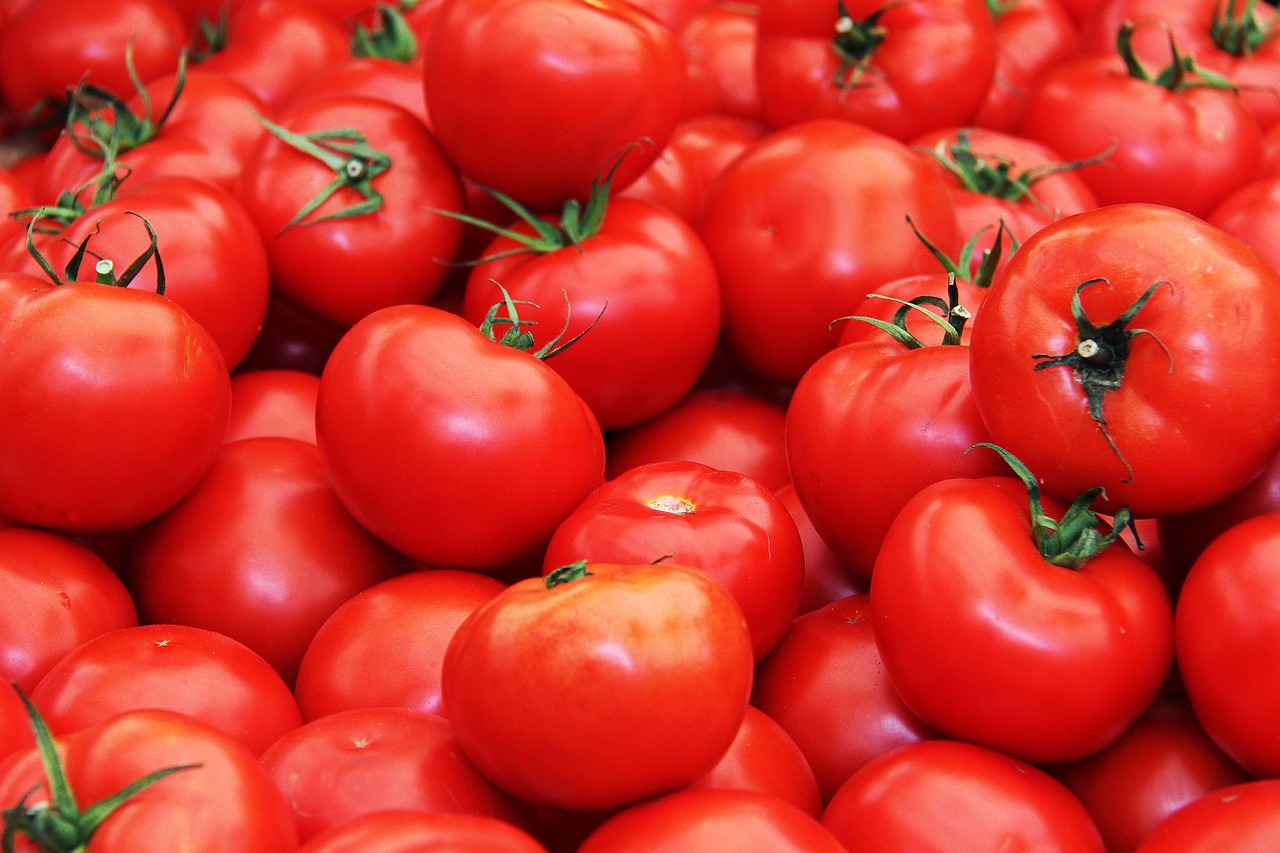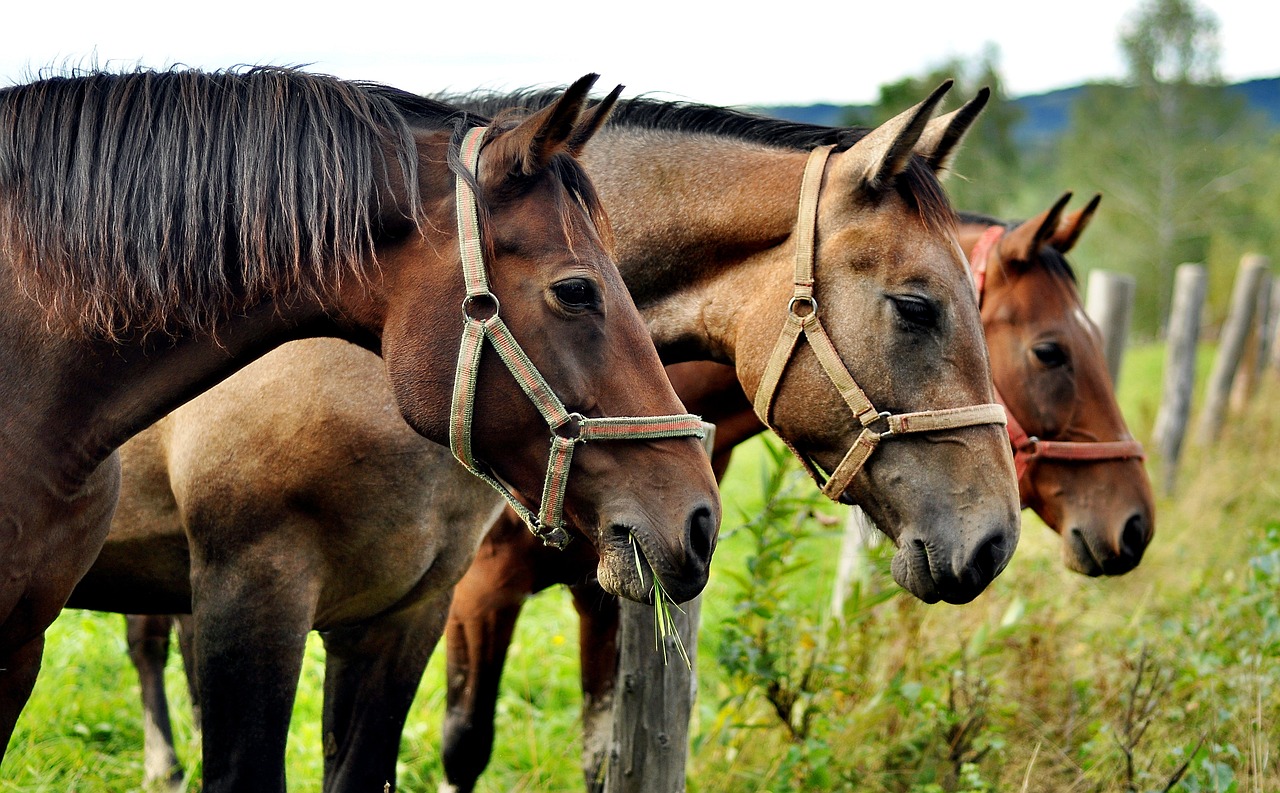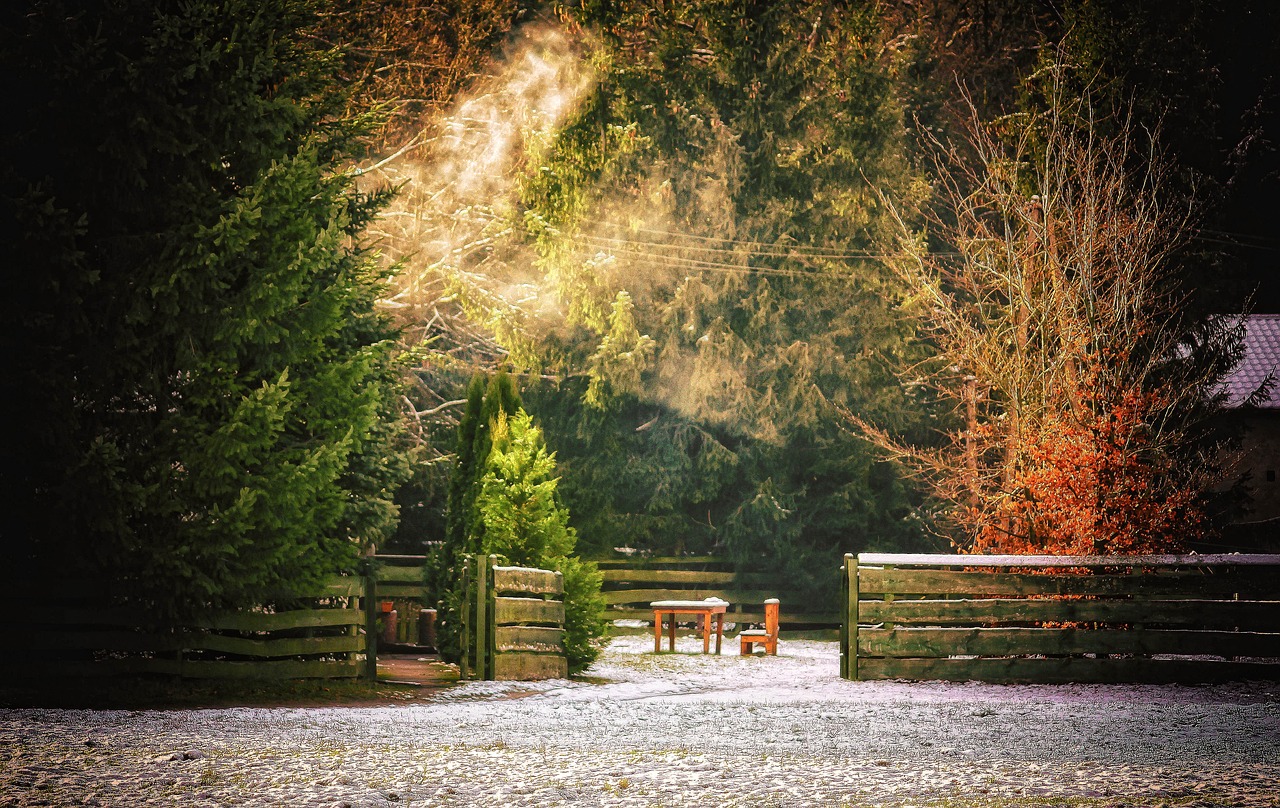Cultural Sensitivities: Understanding Local Norms in Poland
Poland is a country rich in history, culture, and traditions. As a traveler, it is essential to be aware of and respect the local norms and cultural sensitivities to ensure a positive and meaningful experience. This article aims to provide a comprehensive understanding of the various cultural aspects in Poland, enabling visitors to navigate the country with respect and awareness.
Communication Styles
Polish people are known for their direct and straightforward communication style. They value honesty and appreciate clear and concise conversations. It is important to be respectful and avoid interrupting others while they are speaking. Maintaining eye contact is considered a sign of attentiveness and sincerity. Additionally, Poles appreciate punctuality and expect others to be on time for meetings and appointments.
- Greetings: When meeting someone for the first time, a firm handshake and direct eye contact are customary. It is polite to address individuals using their titles and surnames unless they specifically request otherwise.
- Personal Space: Poles value personal space and generally maintain a distance of about an arm’s length during conversations. It is important to respect this personal boundary.
- Non-Verbal Communication: Non-verbal cues such as nodding, smiling, and maintaining good posture are appreciated in Polish culture. However, excessive gesturing or physical contact should be avoided.
Polish Cuisine
Polish cuisine is hearty, flavorful, and deeply rooted in tradition. Traditional Polish meals often include meat, potatoes, cabbage, and a variety of seasonal vegetables. Here are some key elements of Polish cuisine:
- Pierogi: These dumplings are a staple in Polish cuisine. They can be filled with various ingredients such as cheese, potatoes, mushrooms, or meat.
- Bigos: Known as “hunter’s stew,” bigos is a traditional Polish dish made with sauerkraut, fresh cabbage, and a mixture of meats.
- Zurek: This sour rye soup is a popular Polish dish, often served with sausage and hard-boiled eggs.
Religious Customs
Poland is predominantly Catholic, and religion plays a significant role in Polish culture. Visitors should be mindful of the following religious customs:
- Church Etiquette: When entering a church, it is important to dress modestly and behave respectfully. Visitors should avoid loud conversations or any disruptive behavior.
- Religious Holidays: Easter and Christmas are important religious holidays in Poland. It is customary to greet others with “Happy Easter” (Wesołego Alleluja) or “Merry Christmas” (Wesołych Świąt) during these occasions.
- Religious Symbols: Religious symbols, such as crosses or crucifixes, hold great significance for Polish Catholics. Visitors should treat these symbols with respect.
Social Etiquette
Polish society places importance on politeness and good manners. Understanding the following social etiquette will help visitors navigate social interactions in Poland:
- Gift Giving: When invited to someone’s home, it is customary to bring a small gift for the host, such as flowers, chocolates, or a bottle of wine.
- Table Manners: Poles appreciate good table manners. It is polite to wait for the host to begin eating before starting your own meal. Additionally, it is customary to keep your hands visible on the table during the meal.
- Toast Etiquette: When toasting, it is customary to maintain eye contact with each person at the table and clink glasses with everyone present.
Polish Festivals and Traditions
Poland is known for its vibrant festivals and rich cultural traditions. Here are some notable festivals and traditions celebrated throughout the country:
- Wianki: Celebrated in June, Wianki is a traditional festival where people gather by the riverside, wearing wreaths made of flowers, and release them into the water as a symbol of good fortune.
- Jarmark Dominikański: This annual fair takes place in Wrocław and features traditional crafts, local delicacies, and folk music.
- Śmigus-Dyngus: Also known as Wet Monday, this Easter Monday tradition involves playfully splashing water on others as a sign of cleansing and rejuvenation.
Gender Roles
While Poland has made progress towards gender equality, traditional gender roles are still prevalent in some aspects of society. It is important to be respectful and sensitive to these cultural norms:
- Chivalry: Men are often expected to hold doors open, offer their seats, or assist women with heavy objects as a sign of respect.
- Formalities: In formal settings, men may be expected to initiate greetings or take the lead in conversations.
Poland Image 1:

Traditional Attire
Traditional Polish attire varies across regions and occasions. While modern Western clothing is common in everyday life, traditional clothing is still worn during festivals and special events:
- Women’s Attire: Traditional Polish women’s clothing often includes a white blouse, a colorful vest, a skirt, and an embroidered apron.
- Men’s Attire: Traditional Polish men’s clothing typically consists of a white shirt, a vest, pants, and a distinctive hat.
Poland Image 2:

Poland’s Natural Beauty
Poland boasts stunning landscapes and natural wonders that attract nature enthusiasts from around the world. Some of the notable natural attractions include:
- Tatra Mountains: Located in southern Poland, the Tatra Mountains offer breathtaking views, hiking trails, and skiing opportunities.
- Masurian Lake District: Known as the “Land of a Thousand Lakes,” this picturesque region is perfect for boating, fishing, and exploring charming lakeside towns.
- Białowieża Forest: This ancient woodland, shared with Belarus, is home to the European bison and is a UNESCO World Heritage site.
Poland Image 3:

Conclusion
By understanding and respecting the cultural sensitivities and local norms in Poland, travelers can forge meaningful connections and have a truly immersive experience. From communication styles to traditional customs and natural beauty, Poland offers a rich tapestry of experiences for visitors to explore and appreciate.
References
– Culture.pl: culture.pl/en
– Poland Travel: poland.travel/en
– Polish National Tourist Office: poland.travel

